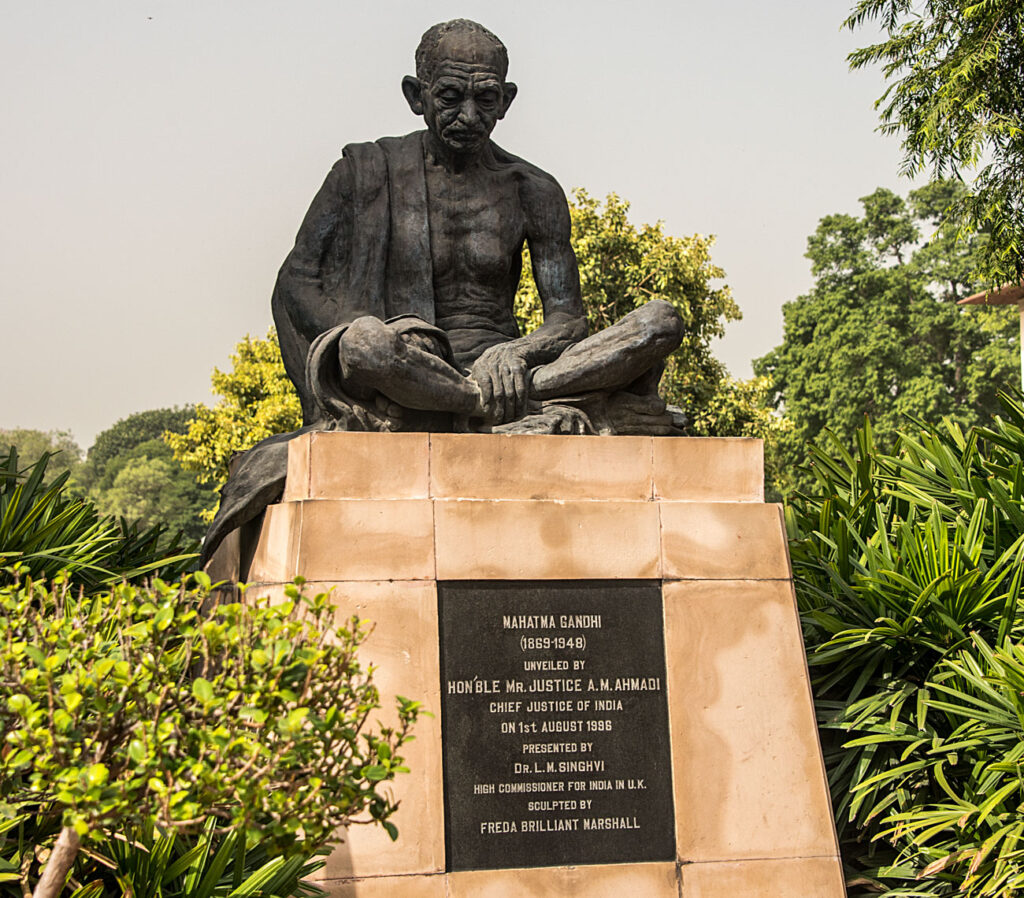Sections 174, 175 and 176 of the CrPC, 1973, provide for magisterial inquiries into cases of unnatural death. These would apply any custodial deaths or also encounters in police custody. In the light of the recent killing of Uttar Pradesh five-time MLA Atiq Ahmed and his brother by a hit squad while in police custody, it would be pertinent to examine the guidelines laid down by the Supreme Court regarding police encounter killings in the PUCL versus Maharashtra case.
Standard Operating Procedure (SOP) for thorough, effective and independent investigation:
- FIR must be registered in every case of death and shall be forwarded to the court under Section 157 of the CrPC without any delay.
- An independent investigation into the incident will be conducted by the CID or police team of another police station under the supervision of a senior officer (at least a level above the head of the police party engaged in the encounter).
- A Magisterial inquiry under Section 176 must invariably be held in all cases of death which occur in the course of police firing and a report must be sent to Judicial Magistrate having jurisdiction under Section 190.
- NHRC involvement is not necessary unless there is serious doubt about an independent and impartial investigation. However, information of the incident must be sent to NHRC or the State Human Rights Commission.
- The injured criminal/victim should be provided medical aid and his/her statement recorded by the Magistrate or Medical Officer with a certificate of fitness.
- After a full investigation, a report should be sent to the court under Section 173. Trial must be conducted quickly.
- If after investigation the evidence shows that death occurred due to firearms amounting to an offence under the IPC, disciplinary action against such officer must be promptly initiated and he be placed under suspension.
- Compensation can be provided to dependants of a victim who suffered death in a police encounter under Section 357-A.
- The police officers must surrender weapons for forensic and ballistic analysis, including any other material, required by the investigating team, subject to their rights under Article 20 of the Constitution.
- An intimation about the incident must also be sent to the police officer’s family and should the family need services of a lawyer/counselling, it must be offered.
- No out-of-turn promotion or instant gallantry rewards shall be bestowed on the officers soon after the incident.
- If the family of the victim finds that the procedure has not been followed or there exists a pattern of abuse or lack of independent investigation or impartiality, it may make a complaint to the Sessions Judge having territorial jurisdiction over the place of incident.
- The Sessions Judge shall look into the merits of the complaint and address the grievances.
- The guidelines will also be applicable to both deaths and grievous injury cases in police encounter.
- The NHRC guidelines are as follows: An FIR must be registered; immediate steps must be taken to investigate the facts and circumstances leading to the death so as to ascertain, in any, offence was committed and by whom; compensation must be given if officers are found guilty after an investigation; when police of a particular police station are involved in the encounter, the probe will be referred to an independent agency such as the state CID; a magisterial enquiry must be held in all cases of death which occurs in course of police action within 3 months; senior SP of the district must inform Commission with 48 hours of any such deaths due to police action; a second report must be sent to the commission within 3 months with information such as the post mortem report, the findings of the magisterial enquiry, enquiry by senior offices etc.

